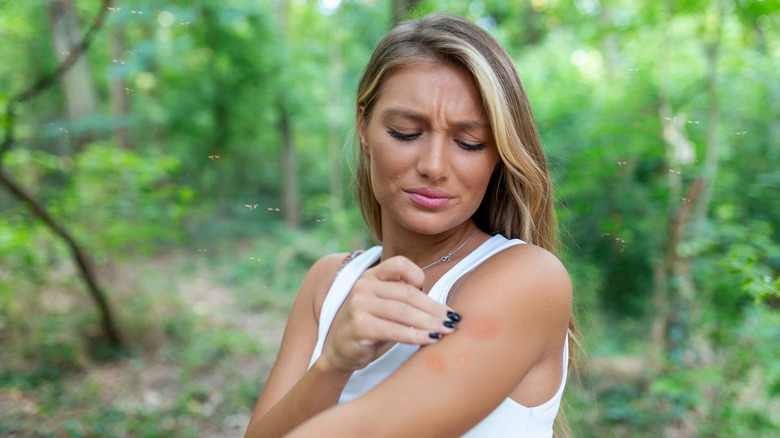What To Know About The Dangerous 'Kissing Bug Disease' Rising In The US
The Centers for Disease Control and Prevention (CDC) says that kissing bugs carrying a potentially deadly parasite have been found in more than 32 U.S. states. These insects, which prefer warm climates, are most common in the southern half of the country. Of the 11 species of kissing bugs identified in the United States, nine are known to carry the parasite Trypanosoma cruzi, which causes Chagas disease. The CDC now considers Chagas disease to be endemic in the United States, which means it is consistently present.
Chagas disease can spread from an infected mother to her baby, through contaminated food or drink, or via contact with kissing bugs. The parasite is not spread by the bug's bite itself but by its feces, which can enter the bite wound or other breaks in the skin. Wildlife can also become infected and help maintain the parasite in the environment. Dogs have tested positive for T. cruzi in 23 states.
Kissing bugs sometimes enter homes, raising the risk to people. According to the CDC, infection rates among U.S. kissing bugs can be as high as 50%. Eight states have documented locally acquired (rather than travel-related) Chagas infections. Because most states do not require reporting of Chagas disease, many more cases are likely undetected. UCLA Health estimates that more than 300,000 people in the United States may be living with this parasite without knowing it.
What is Chagas disease?
The insect that carries this parasite is called a "kissing bug" because it often bites around the face. After feeding, the bug poops near the bite site, leaving behind the parasite. The parasite can then enter the bloodstream if the person scratches the bite or if the feces come into contact with mucous membranes.
(Know the symptoms and treatments of bug bites and stings.)
At first, you may not realize you're infected because symptoms can be mild or absent. When symptoms do occur, they can include fever, body aches, loss of appetite, gastrointestinal problems, swelling around the eyelid, or swelling at the bite site. This early (acute) phase can last for weeks or even months. Antiparasitic drugs such as benznidazole or nifurtimox are used to treat Chagas disease during this phase, but these medications become less effective the longer the infection persists.
If Chagas disease isn't treated, the parasite can remain hidden in the heart and digestive system for decades. Over time, complications may develop, such as irregular heartbeat, heart failure, or cardiac arrest. Some people experience difficulty swallowing due to an enlarged esophagus or chronic constipation from an enlarged colon. According to the World Health Organization, about one-third of people with Chagas disease develop heart problems, and roughly 10% experience digestive or neurological complications.

